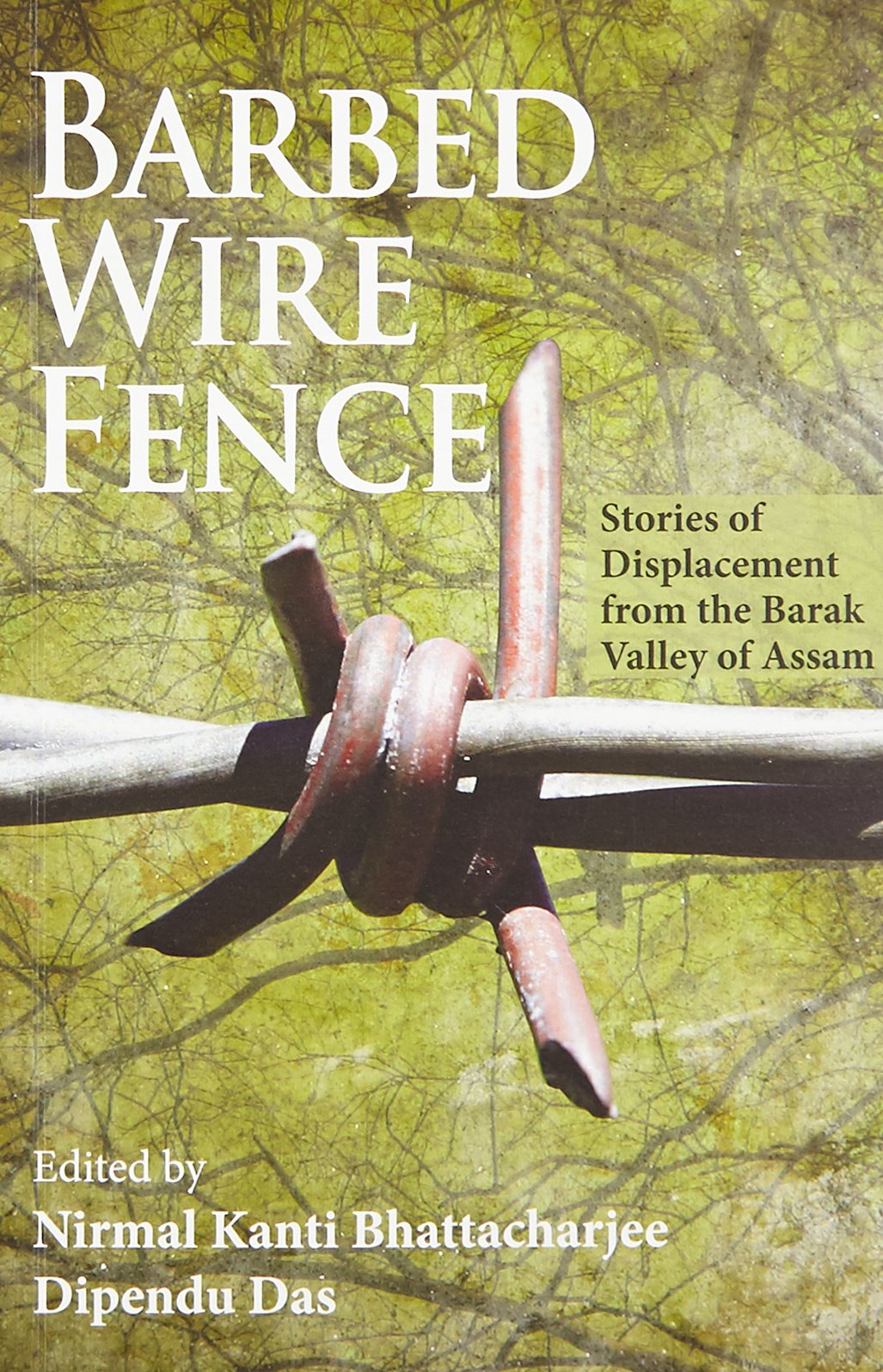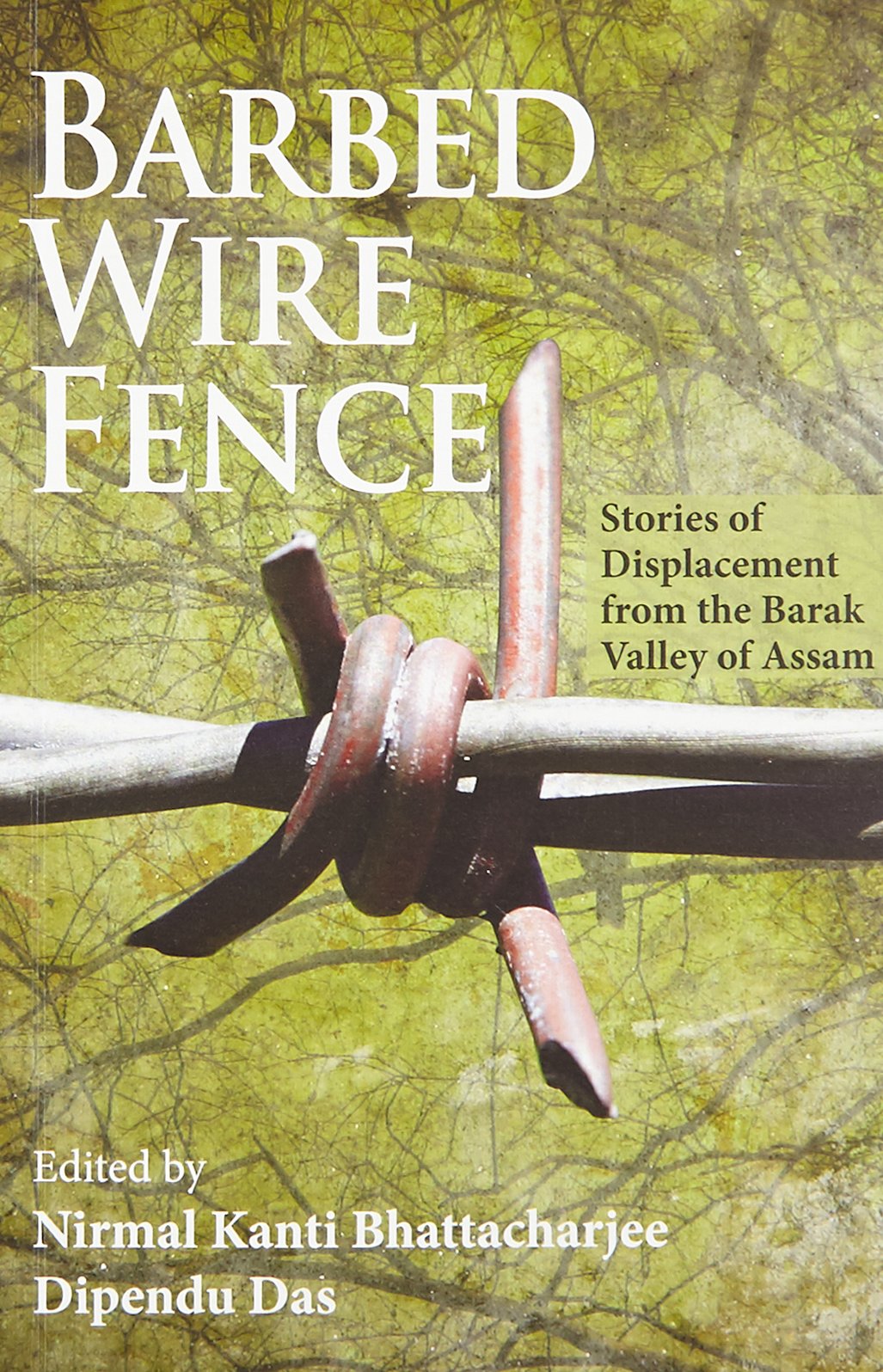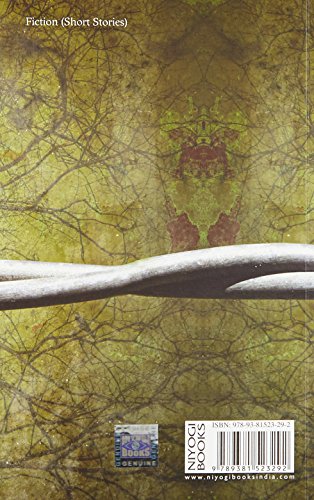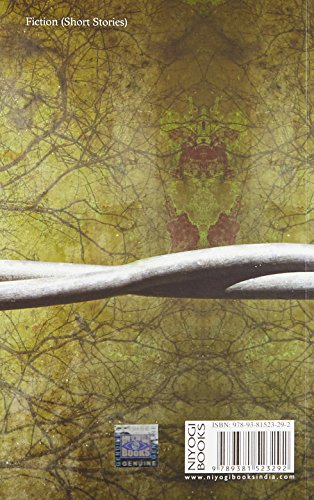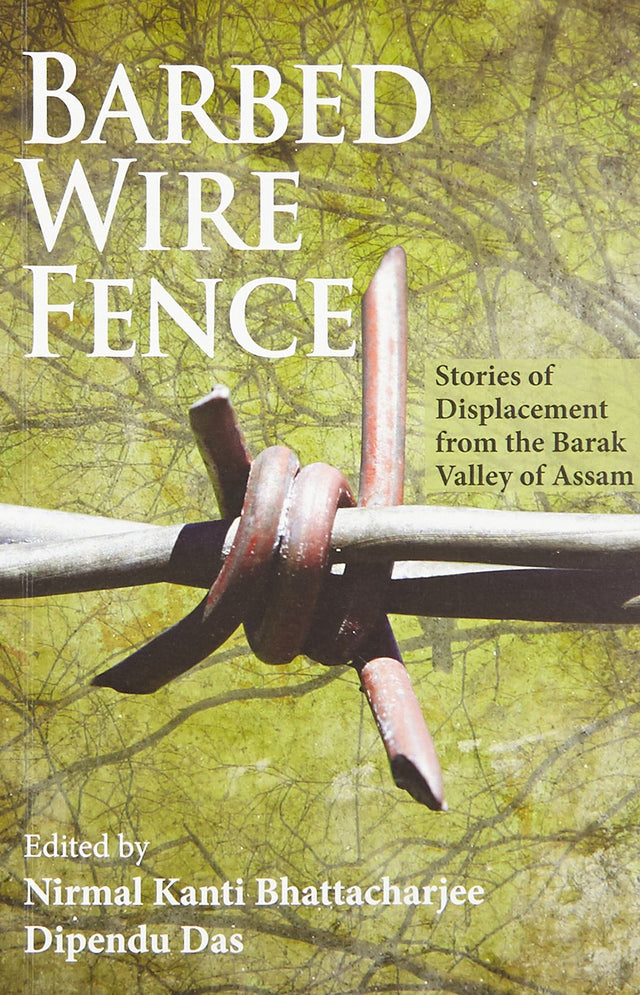Barbed Wire Fence: Stories of Displacement from the Barak Valley of Assam, Nirmal Kanti Bhattacharjee
Barbed Wire Fence: Stories of Displacement from the Barak Valley of Assam, Nirmal Kanti Bhattacharjee is backordered and will ship as soon as it is back in stock.
Couldn't load pickup availability
Genuine Products Guarantee
Genuine Products Guarantee
We guarantee 100% genuine products, and if proven otherwise, we will compensate you with 10 times the product's cost.
Delivery and Shipping
Delivery and Shipping
Products are generally ready for dispatch within 1 day and typically reach you in 3 to 5 days.
Book Details
-
Author: Nirmal Kanti Bhattacharjee
-
Publisher: Niyogi Books
-
Binding: Paperback
-
Number of Pages: 204
-
Release Date: 22-02-2012
-
ISBN: 9789381523292
-
Languages: English
-
Dimensions: 8.4 x 5.5 x 0.6 inches
About the Book
Barbed Wire Fence: Stories of Displacement from the Barak Valley of Assam is a poignant collection of seventeen short stories by Nirmal Kanti Bhattacharjee that delves into the lives of those displaced by the turmoil of India’s independence. The stories reflect the immigrant experience of people from what is now Bangladesh, who were forced to leave their homes during and after India’s partition, seeking refuge in various parts of India, particularly in the Barak Valley of Assam.
Through these stories, Bhattacharjee captures the emotional and physical challenges of displacement. The narrative explores the complex themes of identity, survival, and belonging as these individuals try to navigate their new lives, far from the land they once called home. Each tale offers a glimpse into the hardships faced by these refugees, the struggle to preserve their heritage, and the resilience they show in the face of adversity.
This collection not only highlights the human cost of geopolitical upheaval but also paints a vivid portrait of the cultural and emotional dislocation experienced by these communities. Bhattacharjee’s storytelling gives voice to the often-forgotten stories of those who lived through one of the most significant and traumatic events in modern South Asian history.

